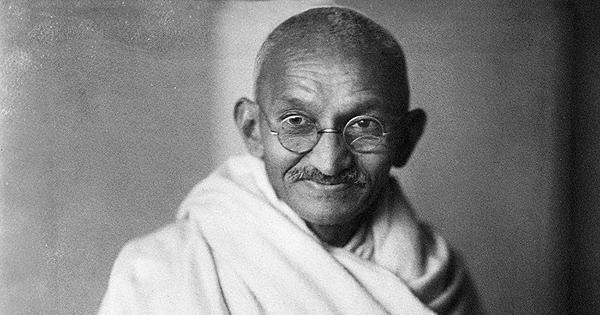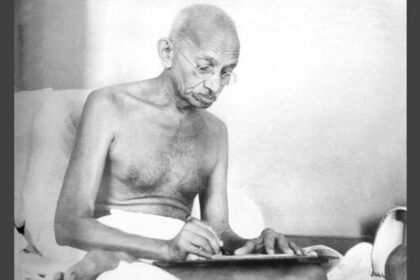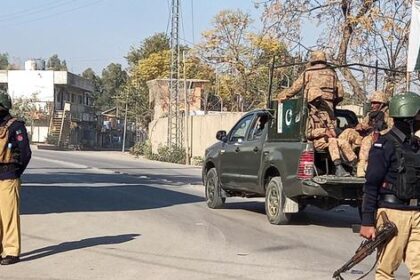Exploring Gandhi’s political philosophy amid the tragedies of India’s Partition and communal strife.
Manash Firaq Bhattacharjee’s book, Gandhi: The End of Nonviolence, presents a comprehensive exploration of Gandhi’s political philosophy, particularly his approach to the politics of listening. The author engages with historical narratives surrounding India’s Partition, emphasizing the need to shift focus from merely understanding its causes to examining its consequences. For many years, discussions about Partition have been dominated by the politics of high-level negotiations, leaving the experiences of marginalized communities, particularly Hindu minorities in regions like Sindh, largely overlooked.
Despite the significant attention given to areas such as Punjab and Bengal, the complexities of the Partition’s aftermath have often been relegated to the background. Bhattacharjee suggests that this historiographic bias stems from a reluctance to confront the uncomfortable realities of communal violence and the human suffering it inflicted on ordinary people. He points out that the consequences of Partition, including widespread killing and displacement, are often overshadowed by a simplified narrative that presents the Indian National Movement as a non-violent struggle.
In the wake of Partition, the violence that erupted was a stark contrast to the ideals of non-violence that Gandhi espoused. Bhattacharjee argues that the leadership at the time, including figures like Jinnah and the Hindu Mahasabha, failed to anticipate the repercussions of their actions, resulting in a catastrophic failure to protect vulnerable populations. This raises critical questions about the responsibility of political leaders in times of crisis and the role they played in exacerbating communal tensions.
Bhattacharjee meticulously documents Gandhi’s attempts to intervene during the communal riots of 1946-47, highlighting his commitment to peace and his moral authority as a leader. Despite his efforts, Gandhi’s interventions were often met with resistance, and he faced significant challenges in mobilizing state resources to quell the violence. This paradox of Gandhi’s moral stance against the backdrop of escalating violence underscores the limitations of non-violent resistance in the face of deep-seated communal animosities.
The book also delves into the responses—or lack thereof—from Muslim League leaders regarding the plight of non-Muslim minorities during this tumultuous period. Bhattacharjee points out the stark contrast in the actions of leaders like Jinnah, who did not take significant steps to protect Hindu and Sikh communities in the newly formed Pakistan. This absence of action raises pertinent questions about the collective responsibility of political elites in safeguarding the rights and lives of all citizens.
Through a series of philosophical reflections, Bhattacharjee challenges readers to grapple with the moral complexities of this historical moment. He articulates the deep sense of remorse felt by Gandhi in the face of communal violence, revealing a leader torn between his ideals and the harsh realities of a divided nation. The poignant insights he provides invite readers to reconsider the narratives surrounding Gandhi’s legacy and the enduring impact of Partition on contemporary Indian society.
Ultimately, Gandhi: The End of Nonviolence offers a nuanced understanding of the intricate dynamics of power, identity, and violence in India’s history. Bhattacharjee’s work stands as a reminder of the ongoing relevance of Gandhi’s teachings in addressing the fractures within society today, encouraging a reevaluation of how we honor his legacy in the quest for justice and reconciliation.








